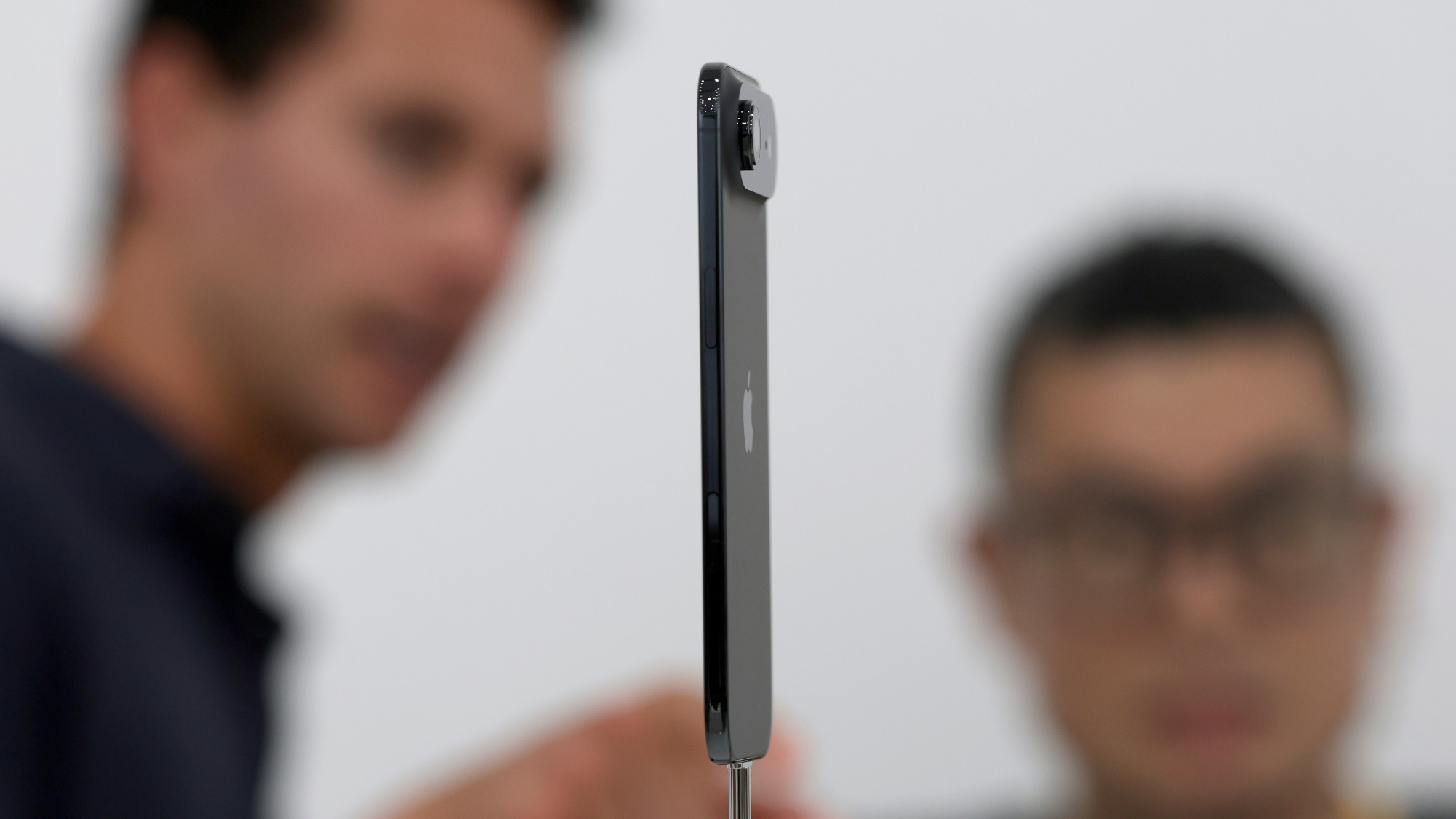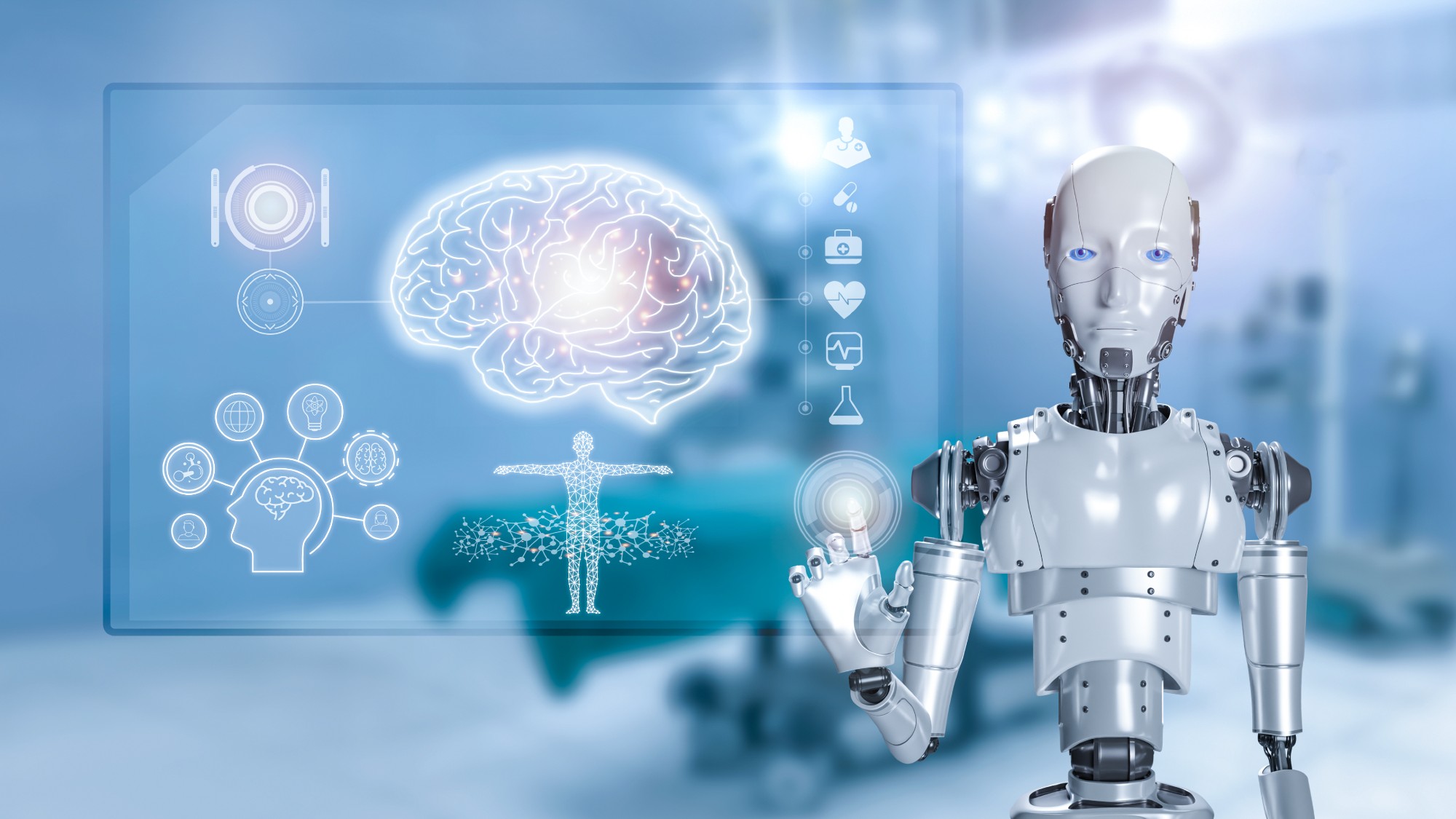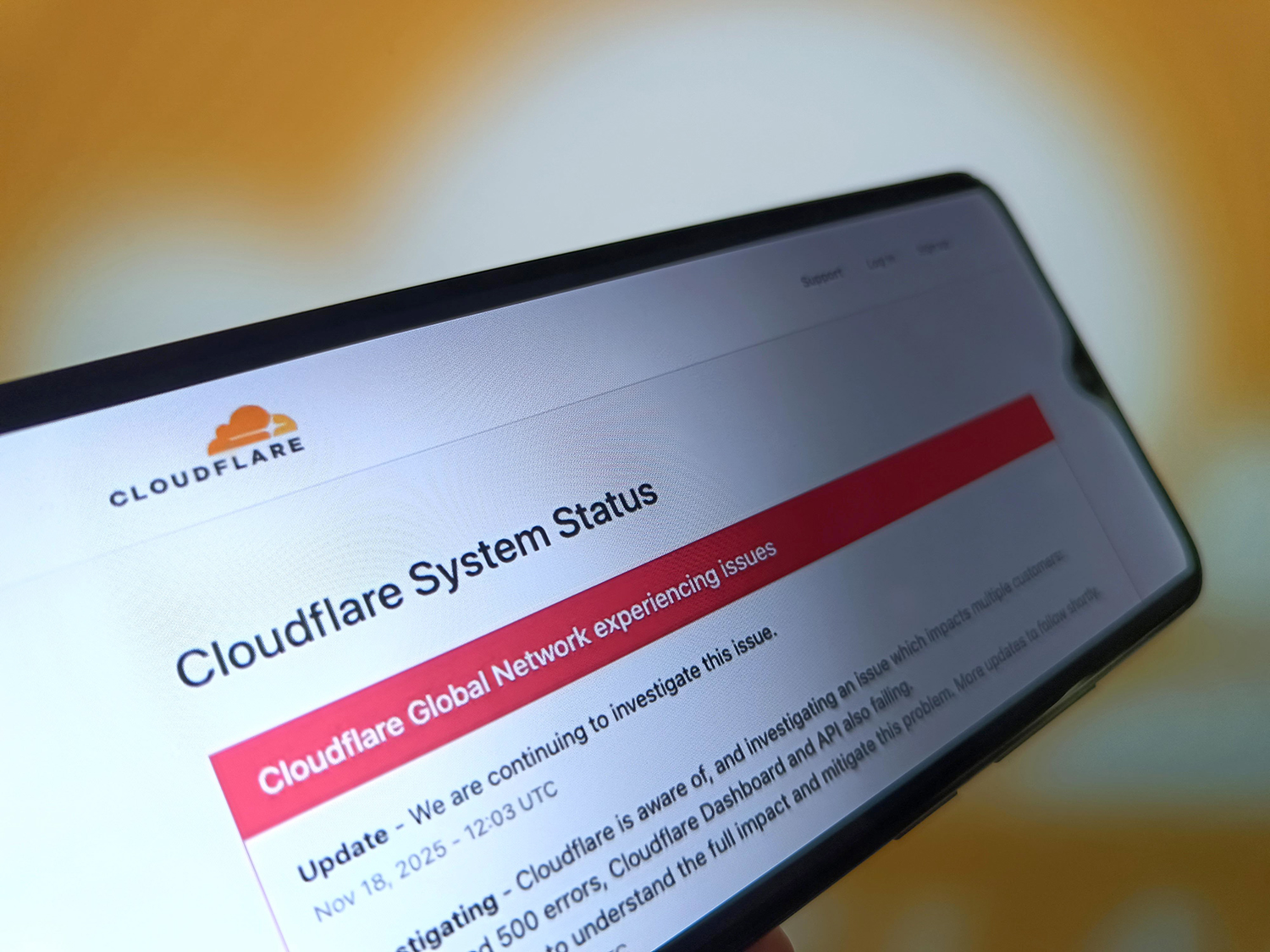iPhone Air: Thinness comes at a high price
Apple’s new iPhone is its thinnest yet but is it worth the higher price and weaker battery life?

A free daily email with the biggest news stories of the day – and the best features from TheWeek.com
You are now subscribed
Your newsletter sign-up was successful
Apple’s new iPhone Air is so sleek it “seems to disappear in your hands,” said Lisa Eadicicco in CNN.com. The company introduced its new addition, just 5.6 mm thick, to its flagship lineup last week—the first major reworking of the iPhone’s look in nearly a decade. The slenderness brings the weight of the phone down by a discernible amount, but Apple isn’t skimping on the screen size, durability, or performance. It contains the latest A19 Pro chip and offers the same all-day battery life of its predecessor, the iPhone 16. Apple is hoping that the aesthetic refresh “will do more to persuade shoppers to upgrade than the iterative updates of years past.” The Air, a third thinner than other models, could also be a harbinger of a coming Apple foldable; two iPhone Airs stacked together are only 2.5 mm—a mere 10th of an inch—thicker than an iPhone Pro.
“There was a time when thickness and weight” were “maybe even the most important” question facing new technology, said Dave Lee in Bloomberg. When Steve Jobs slipped a MacBook Air out of an envelope in 2008, it was a revelation “for the world’s shoulders.” But I don’t believe people feel the same way today. I have yet to locate anyone criticizing an iPhone for being “too thick,” nor do I believe “consumers will care about thickness when they learn the iPhone Air means sacrificing” upgrades to the battery life and the camera. Apple tacitly admitted the battery-life deficiency by serving up a $99 external battery pack for what the company calls “life’s busier days.” Plus, at $999, a thinner iPhone is $200 more than the more powerful iPhone 17, released the same day. “Is that a good deal when you’re only going to stick this phone into a case immediately anyway?”
Skepticism is understandable, said Mark Spoonauer in Tom’s Guide, but the Air “is one of those phones you have to hold to believe.” It feels “almost impossibly light” and yet it remains “rock solid,” thanks to a titanium frame. And while “there are some trade-offs when you compare the Air to the best phones”—such as the lack of an ultrawide camera lens—there are really “not a ton of compromises here.” Time is on Apple’s side here, said Dan Gallagher in The Wall Street Journal. “Rising smartphone prices have compelled users to hold on to their devices for longer periods.” Nearly 2 out of 5 Apple customers are using an iPhone from at least three years ago. It’ll be hard for many of them to “wait another year.” New designs “have typically helped iPhone sales in the past.” This one should be no different.
The Week
Escape your echo chamber. Get the facts behind the news, plus analysis from multiple perspectives.

Sign up for The Week's Free Newsletters
From our morning news briefing to a weekly Good News Newsletter, get the best of The Week delivered directly to your inbox.
From our morning news briefing to a weekly Good News Newsletter, get the best of The Week delivered directly to your inbox.
A free daily email with the biggest news stories of the day – and the best features from TheWeek.com
-
 The Week Unwrapped: Have televised confessions quelled protests in Iran?
The Week Unwrapped: Have televised confessions quelled protests in Iran?Podcast Plus, why has Elon Musk turned from Mars to the Moon? And will the BBC prove to be a puzzles champ?
-
 The week’s best photos
The week’s best photosIn Pictures An Andean god, a rogue squirrel, and more
-
 ‘Zero trimester’ influencers believe a healthy pregnancy is a choice
‘Zero trimester’ influencers believe a healthy pregnancy is a choiceThe Explainer Is prepping during the preconception period the answer for hopeful couples?
-
 Silicon Valley: Worker activism makes a comeback
Silicon Valley: Worker activism makes a comebackFeature The ICE shootings in Minneapolis horrified big tech workers
-
 AI: Dr. ChatGPT will see you now
AI: Dr. ChatGPT will see you nowFeature AI can take notes—and give advice
-
 Will AI kill the smartphone?
Will AI kill the smartphone?In The Spotlight OpenAI and Meta want to unseat the ‘Lennon and McCartney’ of the gadget era
-
 Metaverse: Zuckerberg quits his virtual obsession
Metaverse: Zuckerberg quits his virtual obsessionFeature The tech mogul’s vision for virtual worlds inhabited by millions of users was clearly a flop
-
 The robot revolution
The robot revolutionFeature Advances in tech and AI are producing android machine workers. What will that mean for humans?
-
 Texts from a scammer
Texts from a scammerFeature If you get a puzzling text message from a stranger, you may be the target of ‘pig butchering.’
-
 Blackouts: Why the internet keeps breaking
Blackouts: Why the internet keeps breakingfeature Cloudflare was the latest in a string of outages
-
 Is Apple’s Tim Cook about to retire?
Is Apple’s Tim Cook about to retire?Today's Big Question A departure could come early next year